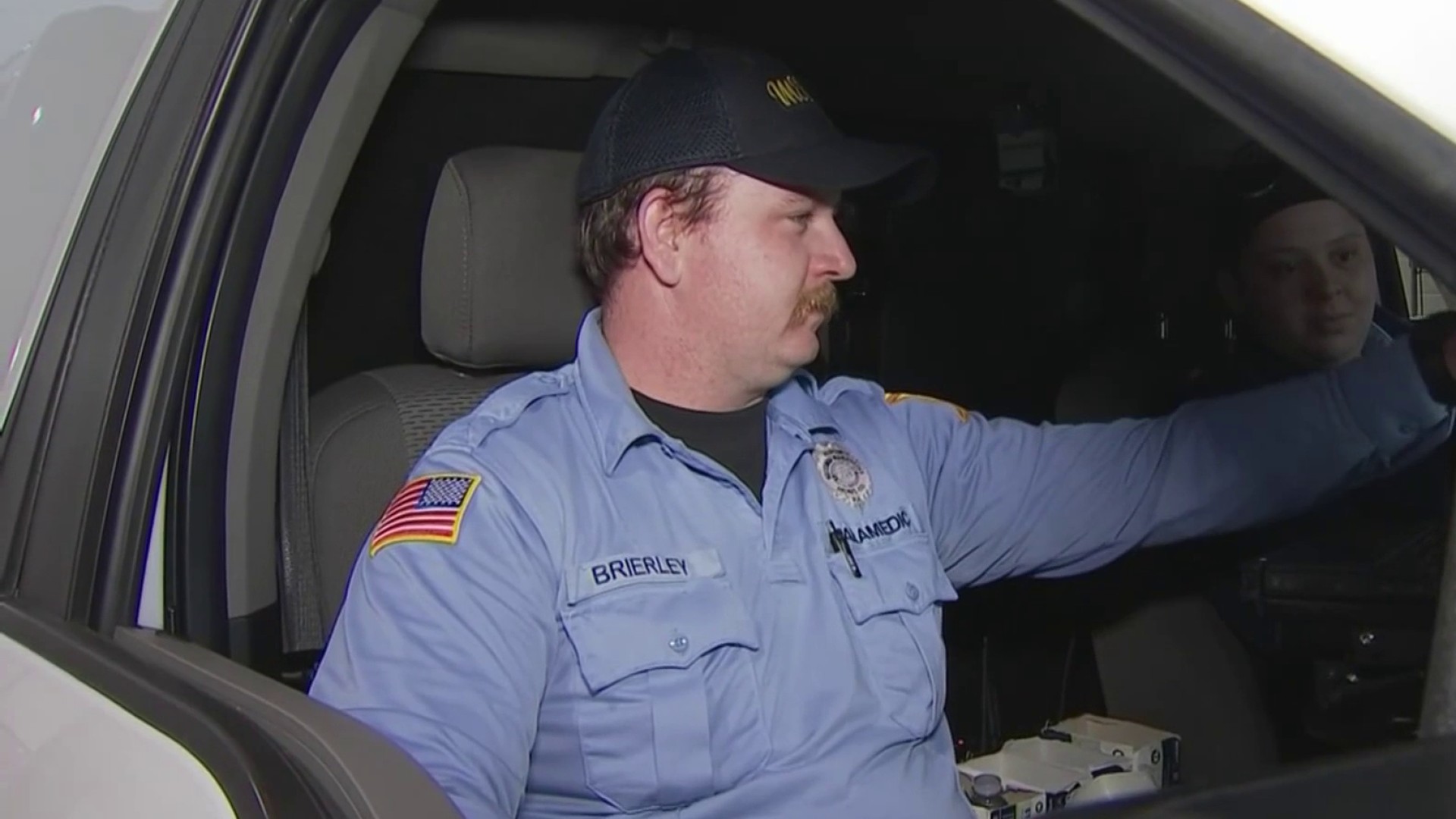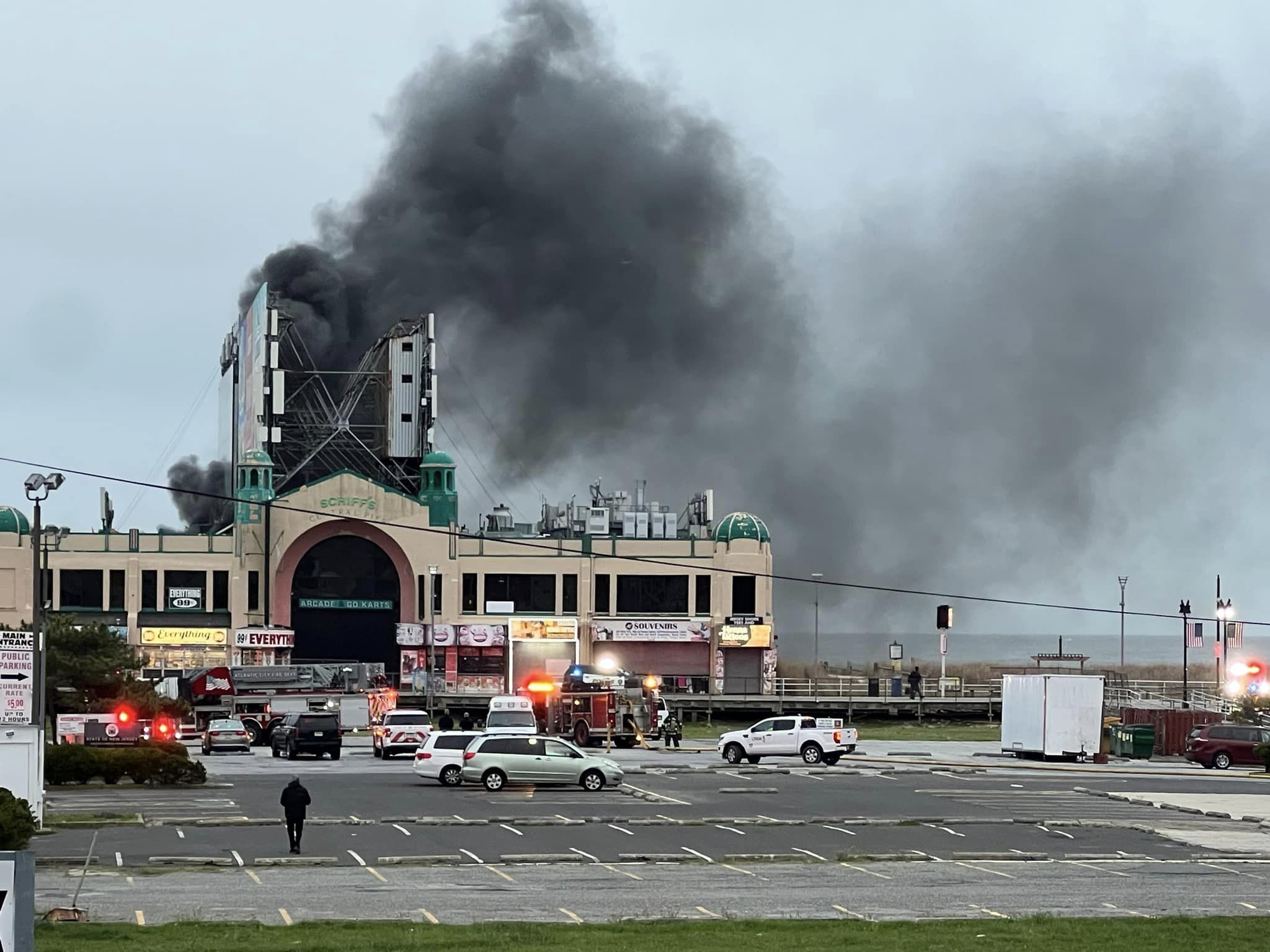
Six months after Pennsylvania closed Glen Mills reform school over abuse and negligence allegations, advocates and community leaders are calling for better training, oversight and protections for the state’s most vulnerable populations.
Two separate reports issued by the Council on Reform, a task force established by Gov. Tom Wolf earlier this year, and the Juvenile Law Center, a child advocacy organization based in Philadelphia, ask for an overhaul of the state’s juvenile system, which largely comprises black and brown youth from urban areas.
The reports highlighted egregious incidents at Glen Mills, Wordsworth, VisionQuest and other local facilities mired in scandal.
“Too many youth, and particularly youth of color, are incarcerated in Pennsylvania,” Jessica Feierman, senior managing director at Juvenile Law Center and co-author of her organization’s report, said. “Young people do best - and communities are safest - when we provide supports in their homes and communities, not harmful and traumatizing incarceration.”
Instead, Feierman and her colleagues recommend keeping children and teens mired in the juvenile and dependency systems closer to home.
Last year, some 7,623 Pennsylvania were admitted to secure detention facilities. That marked a nearly 25% decrease since 2014, according to the report. Many of these young people were away from their homes for more than a month, with the median length of stay closer to 10 months.
“We have failed our young people for decades,” Feierman said. “Pulling young people from their families and communities puts them at risk of harm.”
Local
Breaking news and the stories that matter to your neighborhood.
A lawsuit filed by four former students from the country's oldest reform school asked for at least $10 million Glen Mills Schools. The suit alleged that youth housed at its Delaware County campus were “subjected to extreme and sustained physical and psychological abuse” and were denied a proper education.
The abuse, which dates back to 2000, disproportionately affected black youth and students with special needs, according to the lawsuit.
It was filed three days after the Department of Human Services announced that all 14 licenses issued to Glen Mills Schools were revoked "following documented instances of abuse against former students of the residential school." The department also cited "gross incompetence, negligence and misconduct in operating the facility."
In neighboring Philadelphia County, the state office of the inspector general opened an investigation into the death of 17-year-old David Hess, who died from asphyxiation at Wordsworth Academy following an altercation with staff. The Philadelphia Medical Examiner’s Office ruled his 2016 death a homicide, but no one was ever charged or arrested.
The Pennsylvania Office of the Inspector General launched an investigation earlier this year into that case after abuse allegations at Glen Mills made headlines.
It’s these kind of incidents advocates hope to avoid as Pennsylvania continues to overhaul its juvenile system.
“We’ve heard too many devastating stories about harm in our facilities,” Feierman said. “Youth incarceration doesn’t address the underlying issues that bring young people into the system in the first place.”
Teens in Pennsylvania are nearly 30% more likely to be placed in facilities than youth across the country, according to the Juvenile Law Center. Black teens are nine times more likely than their white peers to be institutionalized. Many of those youth are locked up for probation violations, misdemeanors and non-violent offenses.
Advocates from the Juvenile Law Center propose eliminating all placement for non-violent offenders, providing more resources and services to families to encourage children to remain in their homes and increase overall accountability for state agencies working within the juvenile justice system.
In its 11-page report, the Council on Reform made similar recommendations, including:
- Facilitating in-home support to at-risk families
- Transitioning children with disabilities and other medical care issues from facilities to live with families
- Holding adults accountable for failing to report instances of child abuse
- Improving child abuse investigations
In a statement, Wolf said he looks “forward to reading and analyzing these recommendations and to our next steps to make much-needed changes.”



